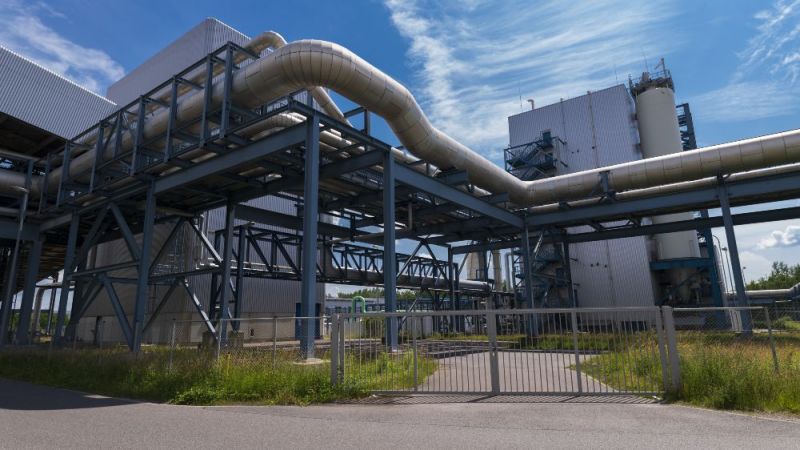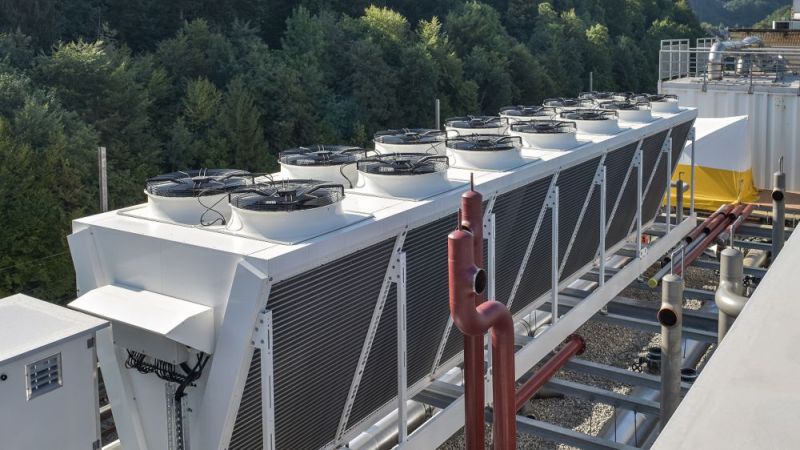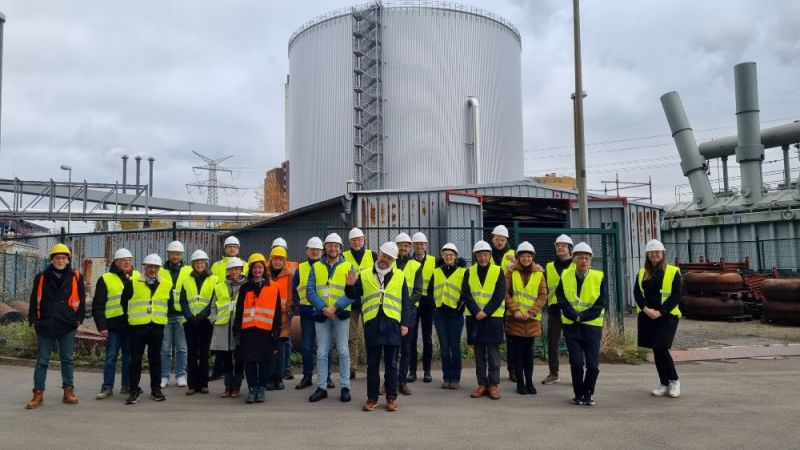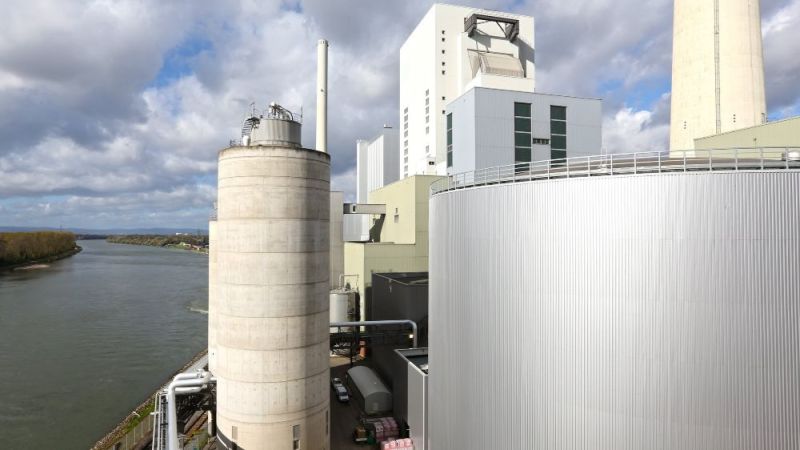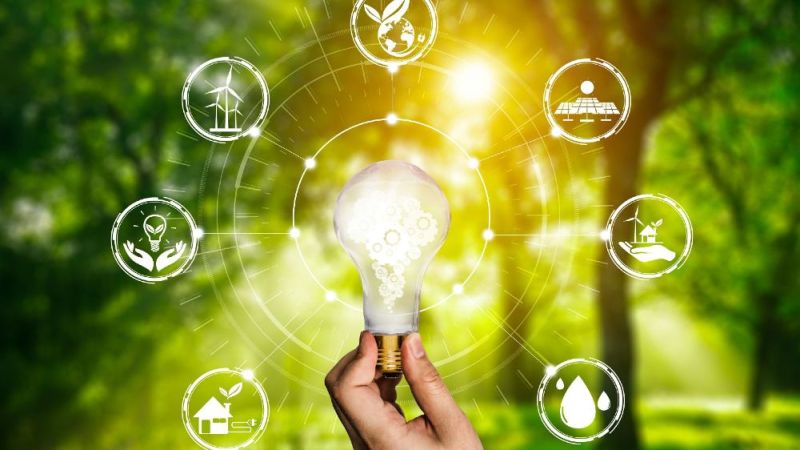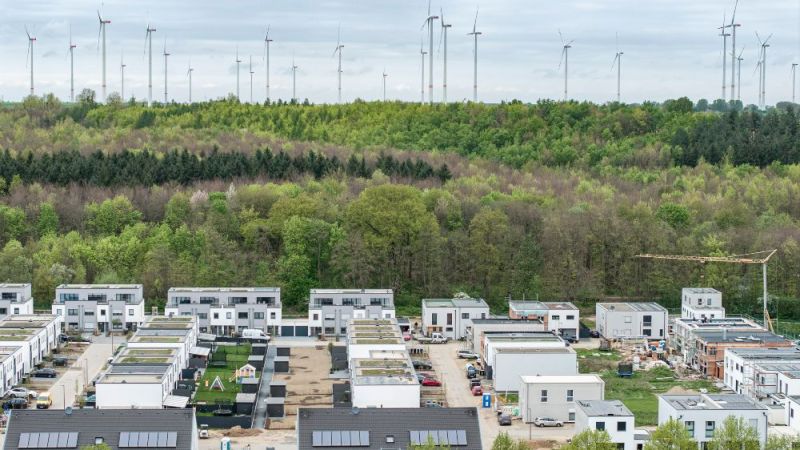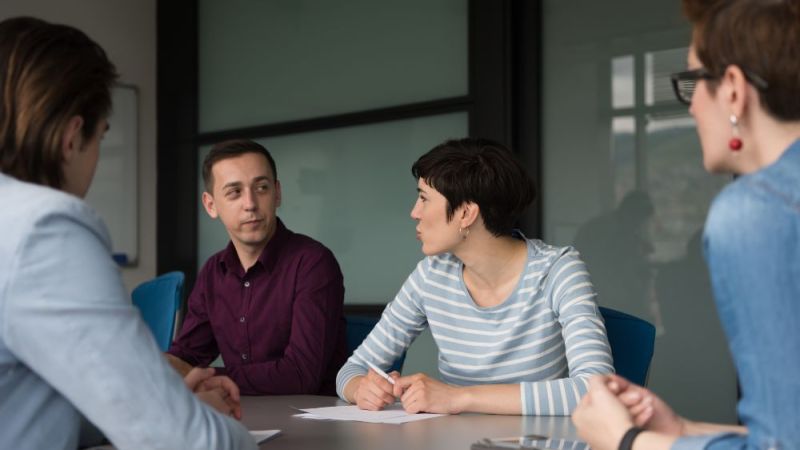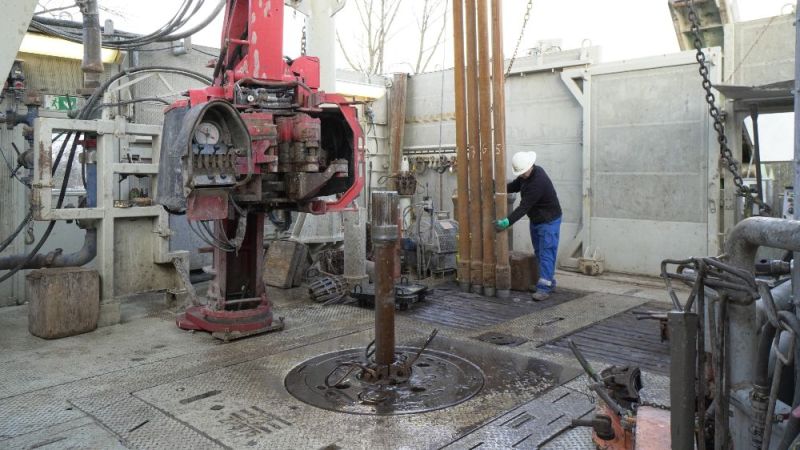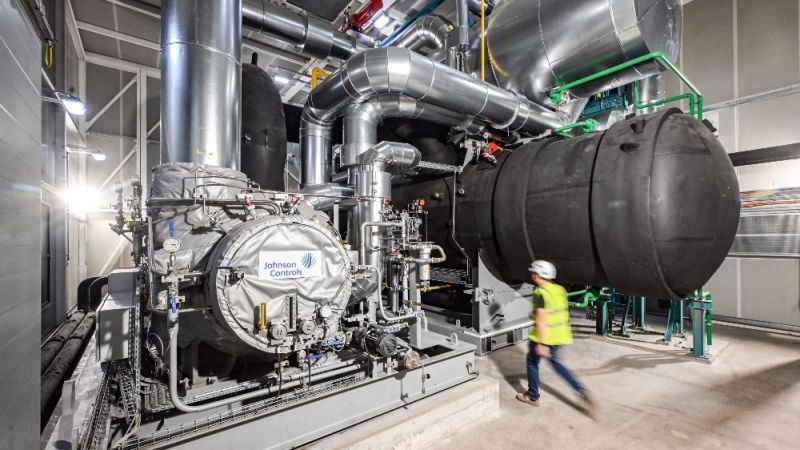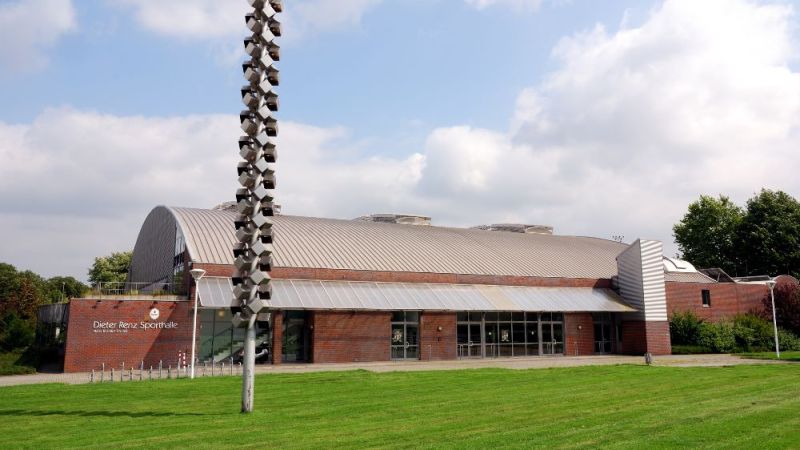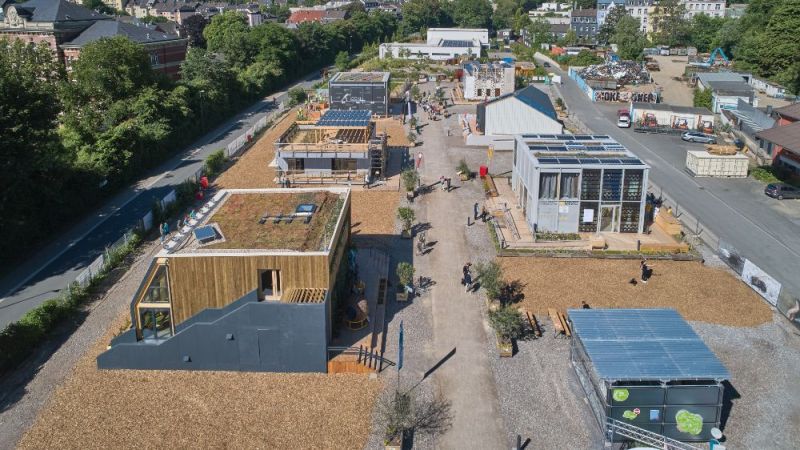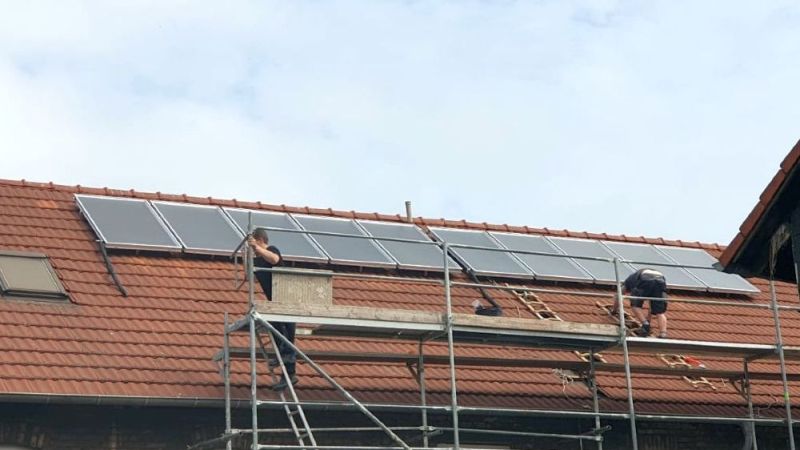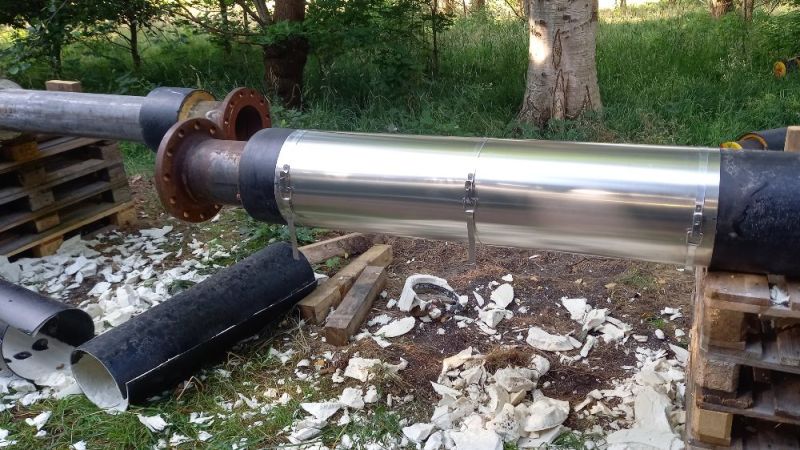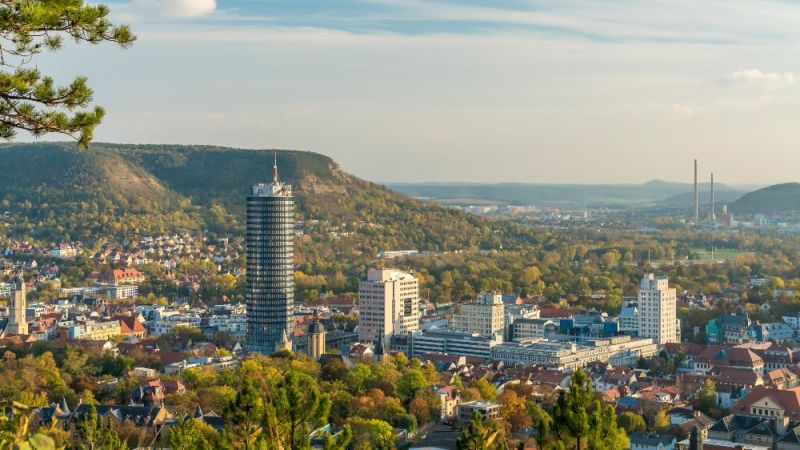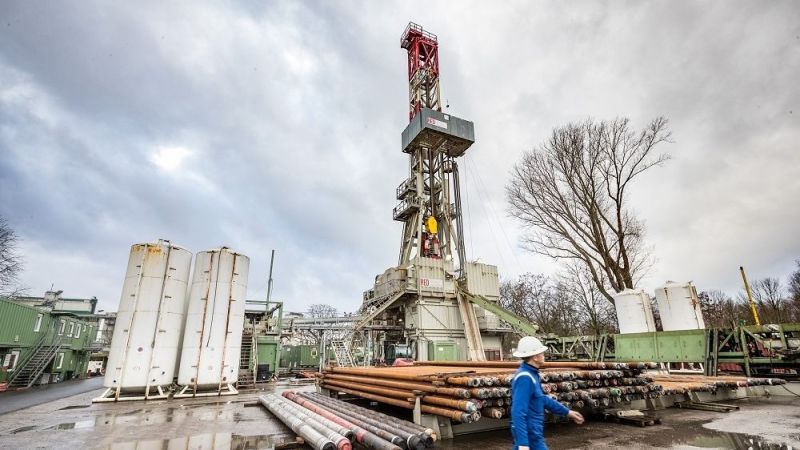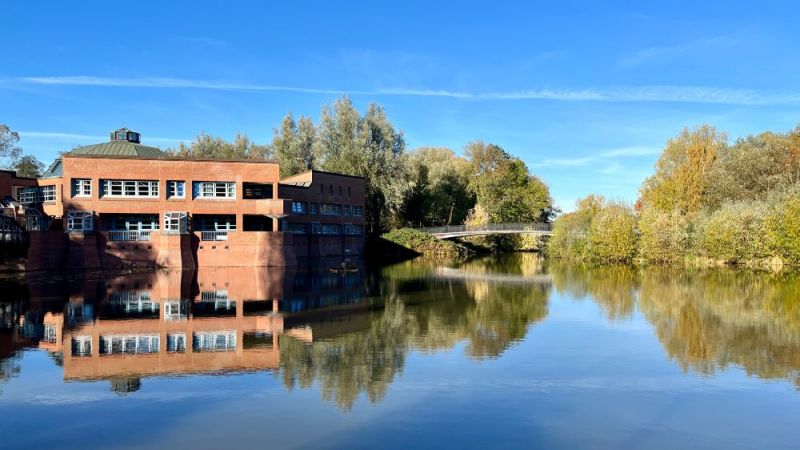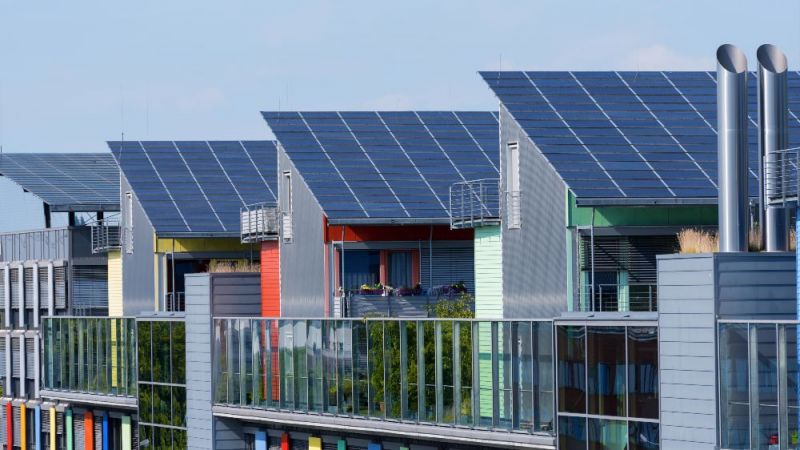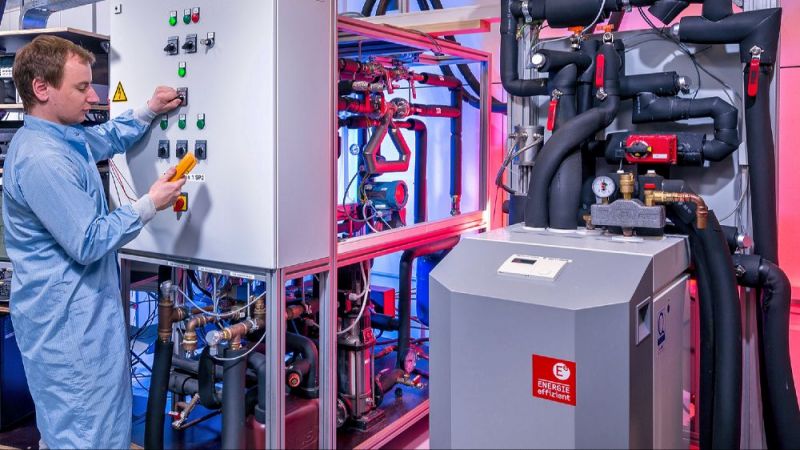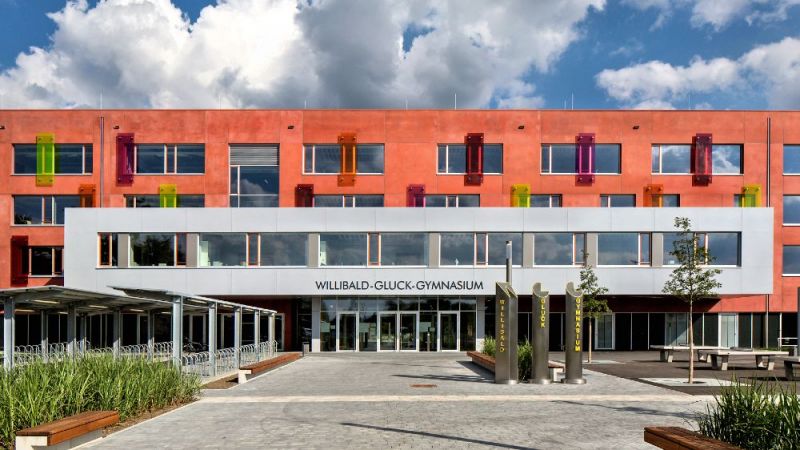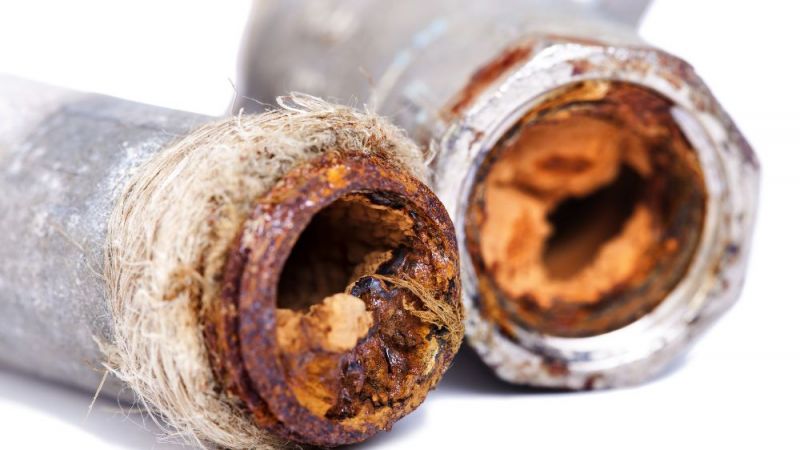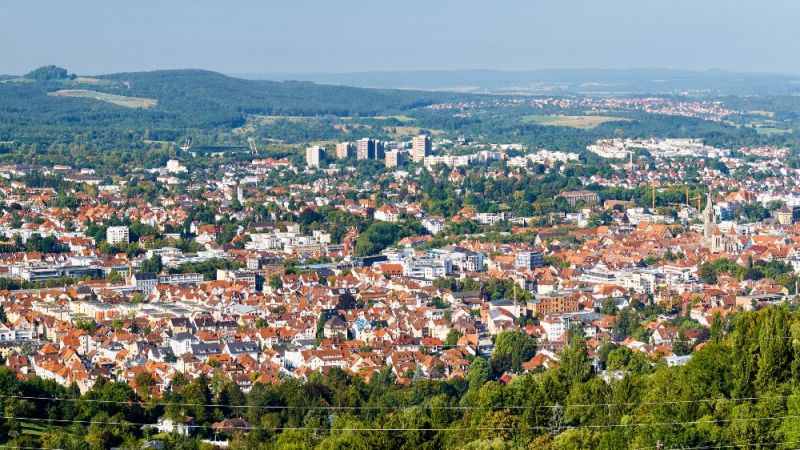
Building Upwards for the Climate
German RoofKIT Team Wins Solar Decathlon Europe
For the first time since 2009, a German team has won the Solar Decathlon Europe (SDE). Amidst a euphoric atmosphere and a great spirit of community, the RoofKIT team from Karlsruhe was announced at the end of June as the winner of the student decathlon on the topic of innovative and resource-saving construction. The team of students of the Karlsruhe Institute of Technology (KIT), headed by Prof. Dirk E. Hebel and Prof. Andreas Wagner, impressed the jury in many of the ten disciplines of the competition and scored the most points overall. Second place went to the VIRTUe team from Eindhoven. The AuRA team from Grenoble and the SUM team from Delft shared third place.
“It is the climate that wins,” emphasized Dr. Patrick Graichen, State Secretary at the Federal Ministry for Economic Affairs and Climate Action (BMWK), which funds the competition. “Through their innovative entries, the teams have shown that climate protection can succeed if we face the challenges together. The way in which they have put this notion into practice demonstrates innovative options of shaping the city of tomorrow.”
A total of 16 university teams from ten countries competed in the SDE 21/22. In addition to an overall design for a building project, the participants set up characteristic building sections in original size on site at the Solar Campus in Wuppertal, and thus impressed and inspired more than 115,000 visitors.
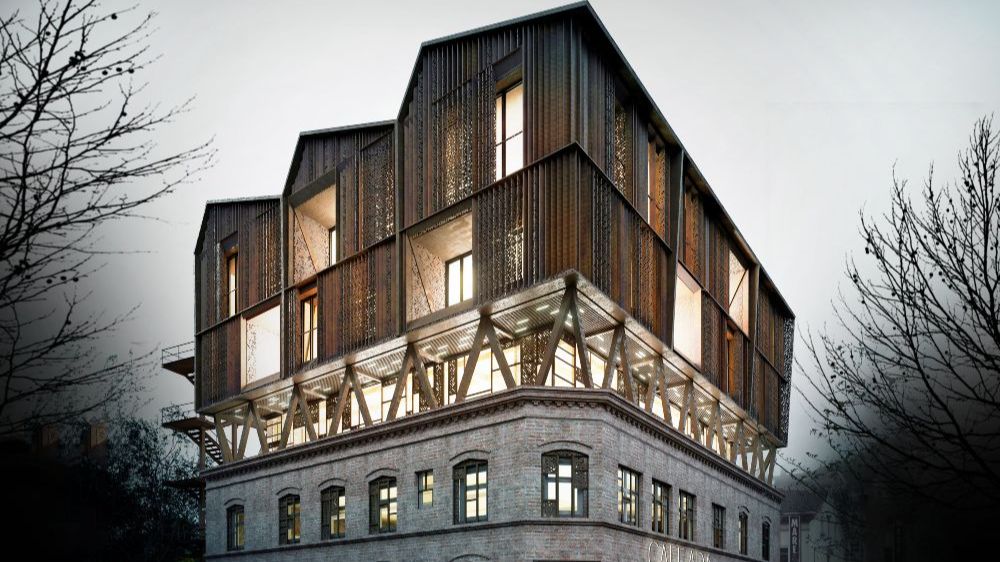
Reaching for the sky: RoofKIT team adds storeys to buildings
The winning RoofKIT team aims high with their project. The students’ concept involves the use of previously unused rooftop areas in a socially balanced, energetically renewable, and circularly sustainable way. To demonstrate their ideas, RoofKIT used the Café ADA building, which was constructed in the 19th century and is located in the old town of Wuppertal. According to a visitor from Wuppertal, who talked to the RoofKIT team on the day of the award ceremony, Café ADA is not just any old café but THE dance centre in the Wuppertal area. The RoofKIT design concept enhances the building and turns the ballroom into an airy and open room between the old building and the newly added wooden storeys, which will house flats.
According to the team, their concept is a blueprint for urban development of previously unused spaces in cities. Since 2020, more than 100 students from various KIT departments have worked on the project. “Refurbishing existing buildings and adding new storeys to them offers an opportunity to provide additional accommodation in cities and make good use of solar energy at the same time,” explains Nadine Georgi, architecture student at KIT and RoofKIT member.
A good match: Recycling and shared space
The building project is based on the shared space principle. Modular wooden living units are arranged around a public atrium. The timber elements are prefabricated, which saves time and money during the construction phase. In addition, the layout is flexible and the living units can be adapted as required. The aim is to design accessible buildings for all generations without making concessions with regard to the quality of living.
The construction method does not require any composites or permanent bonds through adhesives, paints, or foams. The modules are designed and built in such a way that all parts can be disassembled after their use without any loss. This requires great innovative power since the team completely dispenses with commercial adhesives and sealants. Therefore, all materials in the building can be reused in full without any complicated processing methods and according to the principle of urban mining. RoofKIT’s ambitious goal is to use the city as a materials warehouse.
Many of the building materials are also reused. The façade of the building, for example, is made from the timber of old barns from the Black Forest, and bathroom and kitchen fixtures come from dismantled trade fair constructions. All windows used were originally produced for other buildings but returned to the manufacturers due to incorrect measurements. Other elements are made of repurposed materials: the kitchen and bathroom tops, for example, are made of recycled plastics from yoghurt cups, which gives the tops a unique look. Natural organic construction material such as clay plaster and dried sea grass as insulation material round off the concept.
Renewable energy system supplies buildings, equipment, and e-mobility
The RoofKIT project’s total energy demand – including not only the supply of the building itself but also all appliances and e-mobility – is covered by renewable sources. For this, the team uses, for example, organic waste and household waste water as well as solar energy to generate electricity and heat. Roof-integrated PVT collectors and additional solar panels in the backyard are used as a source for a heat pump, which feeds a floor heating system and a hot water tank. Thanks to a special coating, the PVT collectors also blend in colour with the copper roof. An intelligent energy management system controls the consumption and maximizes the efficiency and the building’s grid serviceability.
Projects will continue after the competition
Research on the designed buildings will continue after the Solar Decathlon Europe. Eight of the prototypes will remain in Wuppertal after the end of the competition period and will continue to be used as part of Living Lab NRW for research and educational purposes. The RoofKIT team will also continue to use the demonstration house, which will be disassembled in Wuppertal and rebuilt at KIT. There, the building will also be used for research purposes. The plan is to gradually include more and more actual consumers.
Special prizes and winners
As part of the Solar Decathlons Europe 21/22 numerous were presented in addition to the main competition, including the Solar Award jointly granted by the IEA Solar Heating and Cooling Programme and the International Solar Energy Society. The Solar Award recognizes teams whose use of solar heating in their competition buildings contributes to a significant reduction in CO2. First prize this year went to the VIRTUe team from the Netherlands. The LOCAL+ team from Germany was awarded second place.
















